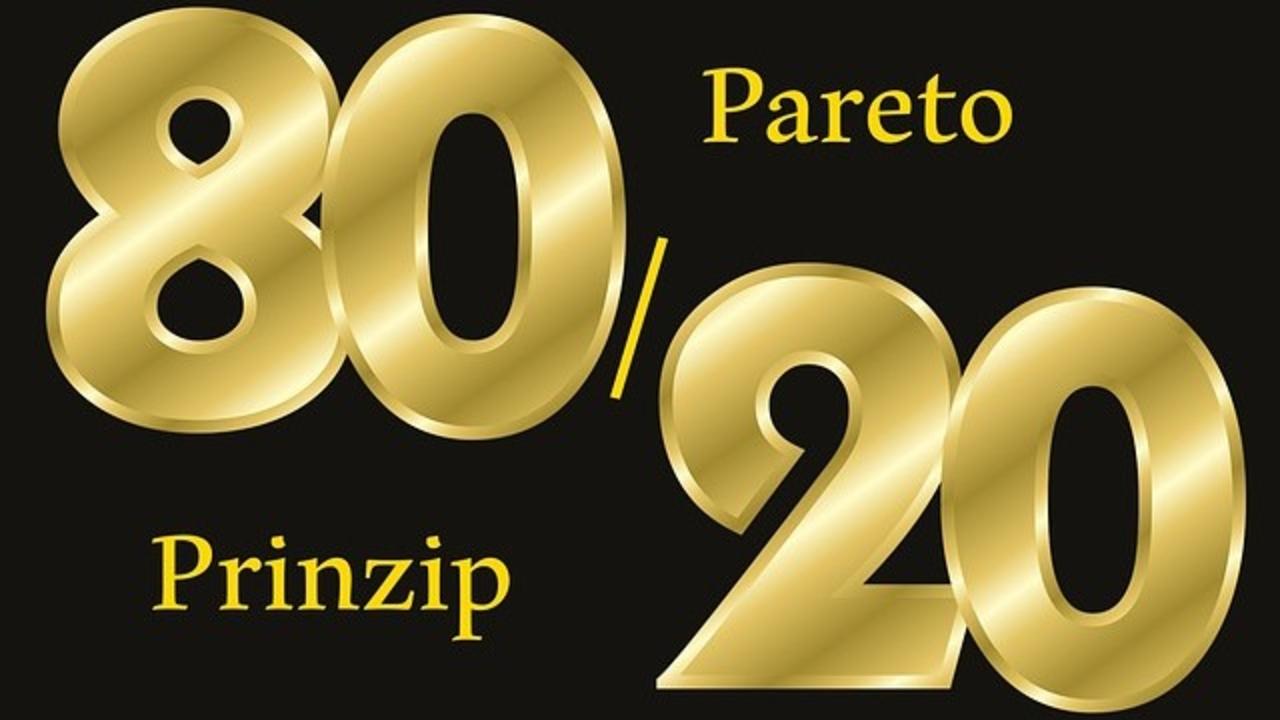Dr. O's blog
WAKE UP !!!!!

CHANGE
If the facts don’t fit the theory, change the facts. ~ Albert Einstein
I love that quote!
Change is that scary word that most people shy away from. I don’t want to change.
Why should I change?
Why doesn’t everyone else change to accommodate me?
If I change, then I will be out of my comfort zone.
Why change something that isn’t broken?
Change. Asking someone to change is like expecting the sun to not rise. Isn’t it a pointless request? Change comes from within. Change is something we do with ourselves. Only we can control us, no one else. So why ask, expect, anticipate, anything from someone else?
Let’s focus on how to change us. First why would anyone want to change themselves? Is it because they don’t like the outcome? Have you ever had a conversation with someone and you really want to change their mind about something? You try so hard to convince them that your point of view is right and theirs is wrong! Can’t they see that? I mean do they reali...
CHALLENGES

. Challenges
So many people wish life were easier, with fewer challenges and obstacles, but without problems, life becomes stagnant, and we stop growing. Challenges help us uncover who we are, and it allows us to become better people.
Let’s examine a straightforward 4-step method to overcoming challenges.
First, state the problem clearly. When we are faced with challenges, we tend to avoid the issue and run the other way burying our heads in the sand, hoping it goes away. Or we may say – ok, there is an obstacle, instead of heading right to it and plowing through, I am going to look for another path and even though that is not the way I want to go – it seems easier, less headache,but rarely does that workout. When we avoid or go out of our way, we cause more trouble in the end. It takes more of our time, it takes more of our energy, and we don’t get the result we are looking for. So take this time to understand what the challenge is. Ask yourself what is the questio...
Behavior
The behavior of a person is defined as a real thing one does, such as a morning routine, and it can be non-physical such as replaying negative thoughts all day long. A few behaviors are instinctual and built-in, while the rest are learned through meeting needs. What this means is that our behaviors are motivated by our needs, and therefore, we can be manipulated as well as manipulate to have our needs met.
So when we have negative behaviors, and we want to change them, we find it isn’t always so straightforward because these learned behaviors that we exhibit are actually rather complicated.
There are two types of motivation – the motivation to approach something and the motivation to avoid something. When we desire something, we are motivated to approach it, therefore, receiving positive reinforcement or feedback. When we avoid something, we are motivated to move away from it, or we will receive negative reinforcement or feedback. This is pretty simple. We understand that when we eat...
Attitude

If you understood the power of your own attitude in your life, you would change it immediately. Our attitude is the one thing all human beings have complete control of, and yet many unknowingly choose to have a negative one.
How many times have you been told to change your attitude? That is a standard order from most parents and teachers!
A person's attitude is created by their thoughts, feelings, and actions. Their mind controls their feelings and decides whether these feelings will be positive or negative through their thoughts. Their body then follows these thoughts through actions and behaviors. It sounds simple because it is.
Through our thoughts, we create an attitude. This attitude is expressed based on how we internalize ideas. Our mind and body move into a new vibration of conscious awareness known as feelings. These feelings are then displayed through actions and behaviors that produce the results in our lives.
Attitude [Thoughts + Feelings + Actions] = Results
Imagine f...
THE 80/20 RULE

The rule came from an Italian economist, Vilfredo Federico Damaso Pareto, who stated that 80% of the Italian income was earned by 20% of the Italian population.The 80/20 rule feels and sounds like a mathematical formula and in some ways it is but don’t fret, this isn’t a lesson on statistics.
80% of your outcomes come from 20% of your inputs. 20% of your activities equate to 80% of your happiness. Instead of focusing on income, we will focus on your overall well being or happiness factor.
The distribution of wealth with the shrinking of the middle class is evidence to the validity of this theory, this is even more apparent that a small portion of the population controls the majority of the economy. In business, the top earners are a small percentage of companies and earn the largest portion of income. Even in your own habits, you most likely spend most of your income on few things like your mortgage, car payment, food and you probably spend most of your time with a few...

